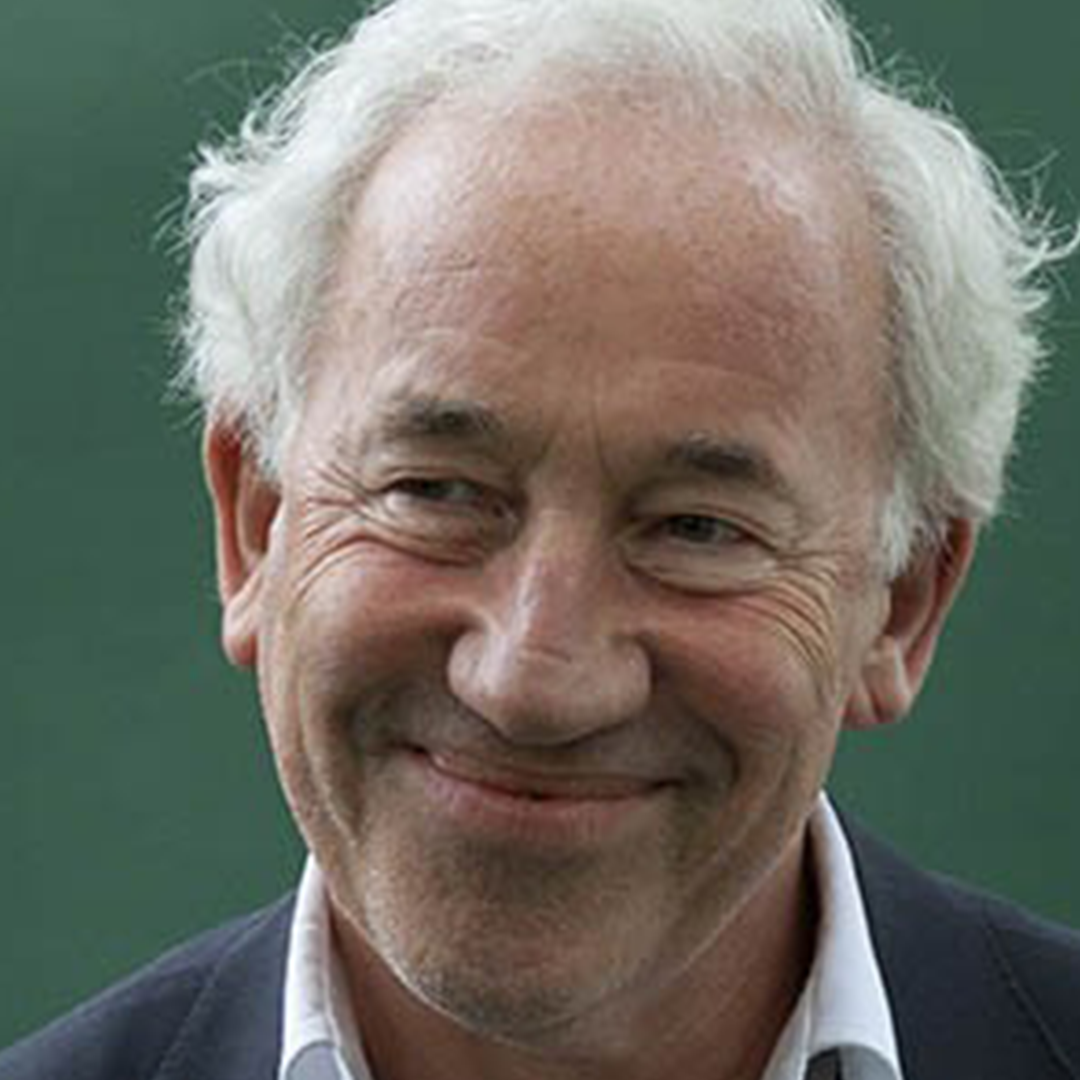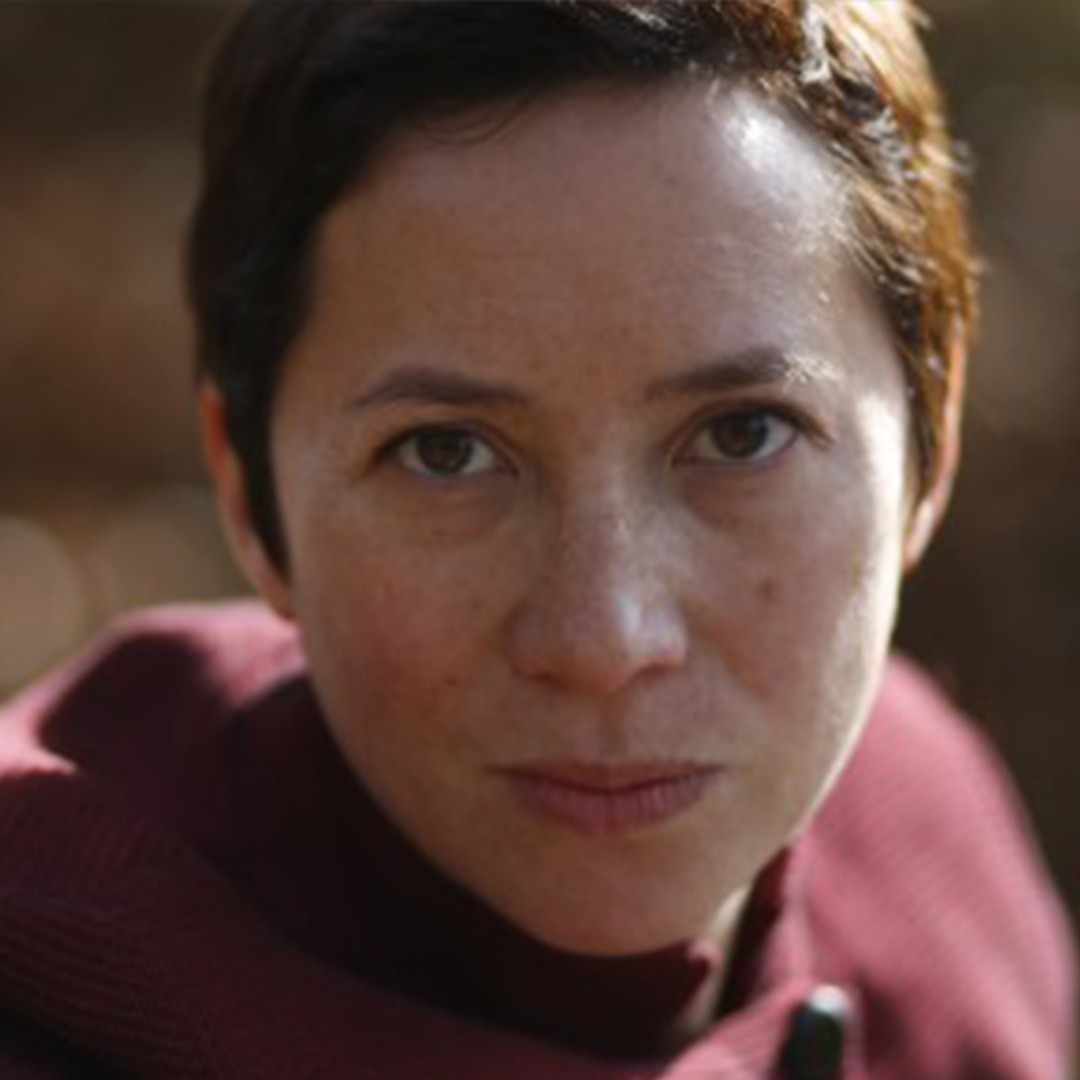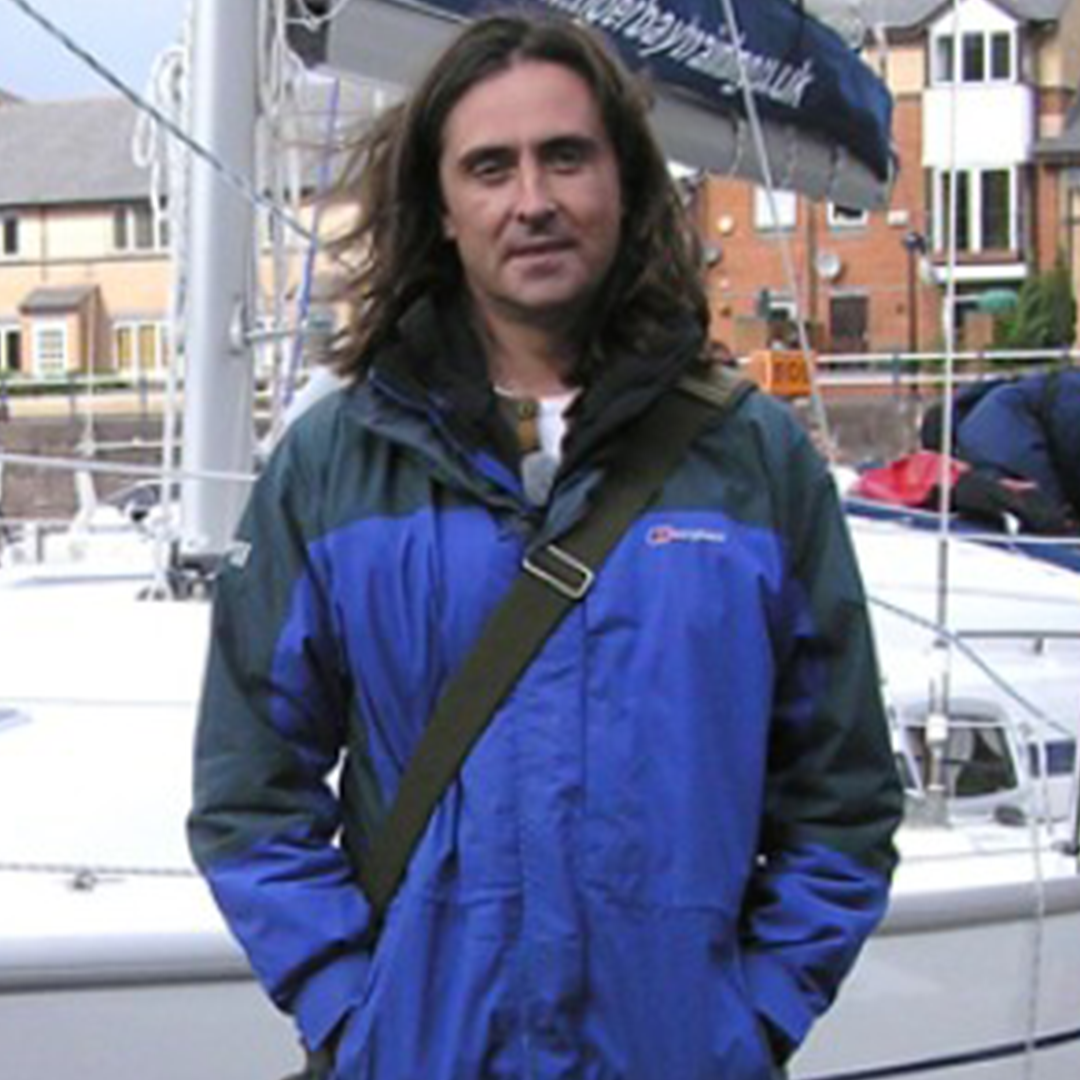14 Jun 2018 | Magazine, Magazine Contents, Volume 47.02 Summer 2018
[vc_row][vc_column][vc_custom_heading text=”With contributions from Mai Khoi, Jon Savage and Jonathan Tel, as well as interviews with Ian Rankin, Victoria Hislop and Maria Ressa”][/vc_column][/vc_row][vc_row][vc_column][vc_column_text]
The summer 2018 issue of Index on Censorship magazine takes a special look at the free speech issues that affect the world’s most popular tourist destinations.
We examine the journalists who are trying to expose the darker sides of paradise and the issues they encounter in doing so, including an article from a Maltese journalist, Caroline Muscat, on corruption in the country, a look at journalists living under protection due to their reporting of the drug wars in Baja California Sur and an interview with Federica Angeli, a journalist who lives under 24-hour police protection following her exposé of the mafia in the pretty Italian seaside resort of Ostia.
The issue features interviews with bestselling novelists Ian Rankin and Victoria Hislop about how they went about creating a more real depiction of the idyllic places their books are set in.
[/vc_column_text][/vc_column][/vc_row][vc_row][vc_column][vc_single_image image=”100823″ img_size=”full”][/vc_column][/vc_row][vc_row][vc_column][vc_column_text]
The special report also features new data on the relationship between free speech issues and tourism from Mark Frary.
Outside the special report, Samira Shackle discusses the current state of media freedom in Pakistan ahead of elections in the country, and music journalist and author Jon Savage writes about how current attacks on drill rap music are nothing new – the censors have been trying to suppress music trends for over a century.
Finally, we have two short stories written exclusively for the magazine, one by Turkish contributing editor Kaya Genç about a man’s musings on paradise and another by award-winning writer Jonathan Tel on the dangerous end point of facial recognition technology.
[/vc_column_text][/vc_column][vc_column][/vc_column][/vc_row][vc_row][vc_column][vc_custom_heading text=”Special report: Trouble in paradise”][vc_column_text]
Spraying bullets not sunscreen, by Stephen Woodman: Baja California Sur is at the forefront of Mexico’s drug wars. Journalists are at a great risk. The government hopes tourists don’t notice
The other side of paradise, by Meera Selva: A post civil war Sri Lanka attracts tourists, but locals were hoping for greater freedoms
Speaking out of turn, by Jan Fox: Hawaiian is an official language in this state and yet those who speak it face restrictions.
Women left out in the cold, by Johannes Nugroho: When a Balinese woman was mutilated by her husband, it created a media storm within Indonesia and shed light on domestic abuse there. And yet it barely dented its international reputation
Rocking the nation, by Marco Ferrarese: Malaysia has pitched itself as an Asian melting pot paradise. The reality is different. Just listen to the nation’s punk rockers
Stripsearch, by Martin Rowson: Carry on filtering those pictures darling. Your Instagram followers only want to see the most perfect holiday pics
Two sides of every story, by Alison Flood and Jemimah Steinfeld: Two top novelists, Victoria Hislop and Ian Rankin, talk about showing darker sides of tourist destinations in their books, and upsetting Greek Cypriots
Double vision, by Caroline Muscat: Malta’s Valletta is this year’s Europe’s Capital of Culture. The label conceals darker truths
Taking on the untouchables, by Irene Caselli: Italian journalist Federica Angeli’s life has been on the line since she reported on the mafia. She talks about how 24-hour protection affects her family life
Freedom to travel v travel towards freedom, by Mark Frary: Exclusive new data analysis for the magazine on whether tourists worry about a holiday resort’s reputation for media freedom
Fears that rain on their parades, by Silvia Nortes: Sunbathe all you like, just try to avoid offending religious sensibilities in the Spanish Canary Islands
“We’re not scared of these things”, by Miriam Grace A Go: Rappler news editor on how the newsroom continues despite the increasing threats, alongside words from their CEO Maria Ressa
Slouching away from Eden, by Kaya Genç: Turkey was once hot on the tourist trail, with major city Istanbul hailed as one of the world’s hippest. A look at its fall from grace, and why
White sands, dark deeds, by Zaheena Rasheed: The ultimate honeymoon destination is not so idyllic for the nation’s journalists, who battle corruption, fines and risk their lives as they get their stories
[/vc_column_text][/vc_column][/vc_row][vc_row][vc_column][/vc_column][/vc_row][vc_row][vc_column][vc_custom_heading text=”In focus”][vc_column_text]
After Isis lost, by Laura Silvia Battaglia: It’s becoming more dangerous, rather than less, to be a reporter in Iraq as two generations of Iraqi journalists explain. Translation by Sue Copeland
Sunshine capital, by Davion Smith: The British Virgin Islands desperately need freedom of information. One journalist reports on finding the truth against the odds
Demonising those teenage dirtbags, by Jon Savage: The current moral outcry over drill music is so last century. Adults have been scared about what the kids are singing for decades
Under the watchful eye of the army, by Samira Shackle: Elections are approaching in Pakistan, and the army has the nation’s journalists and bloggers in its sights
Liberté, egalité… autorité, by Jean-Paul Marthoz: Considered by many as the cradle of modern democracy and free speech, France isn’t practising what it has historically preached
[/vc_column_text][/vc_column][/vc_row][vc_row][vc_column][vc_custom_heading text=”Culture”][vc_column_text]
A walk in the park, by Kaya Genç: In this new short story for the magazine, an old man contemplates life and his shifting views of paradise
Georgian plain speaking, by Lasha Bugadze: The Georgian playwright and author on the censorious nature of the church in the country. Plus an extract of his new novel, translated into English for the first time by Donald Rayfield
Little big voice, by Mai Khoi: Vietnam’s “Lady Gaga” discusses always looking over her shoulder. Plus a song of hers translated and published in English for the first time
Facing the future, by Jonathan Tel: The award-winning short story writer on how much control the Chinese government actually has and a new short story about facial recognition, written exclusively for the magazine
[/vc_column_text][/vc_column][/vc_row][vc_row][vc_column][vc_custom_heading text=”Column”][vc_column_text]
Index around the world, by Danyaal Yasin: The unprecedented levels of Turkish journalists being imprisoned are being tracked by Index’s Mapping Media Freedom. Read about this and other countries of concern, plus an update on the fellowships
[/vc_column_text][/vc_column][/vc_row][vc_row][vc_column][vc_custom_heading text=”Endnote”][vc_column_text]
Game on, by Jemimah Steinfeld: Trump has jumped on the ban video games bandwagon. He called for a ban on games, rather than guns
[/vc_column_text][/vc_column][/vc_row][vc_row content_placement=”top”][vc_column width=”1/3″][vc_custom_heading text=”Trouble in paradise” font_container=”tag:p|font_size:24|text_align:left” link=”url:https%3A%2F%2Fwww.indexoncensorship.org%2F2018%2F06%2Ftrouble-in-paradise%2F|||”][vc_column_text]The summer 2018 issue of Index on Censorship magazine takes a special look at how holidaymakers’ images of palm-fringed beaches and crystal clear waters contrast with the reality of freedoms under threat
With: Ian Rankin, Victoria Hislop, Maria Ressa [/vc_column_text][/vc_column][vc_column width=”1/3″][vc_single_image image=”100776″ img_size=”medium” alignment=”center” onclick=”custom_link” link=”https://www.indexoncensorship.org/2018/06/trouble-in-paradise/”][/vc_column][vc_column width=”1/3″ css=”.vc_custom_1481888488328{padding-bottom: 50px !important;}”][vc_custom_heading text=”Subscribe” font_container=”tag:p|font_size:24|text_align:left” link=”url:https%3A%2F%2Fwww.indexoncensorship.org%2Fsubscribe%2F|||”][vc_column_text]In print, online. In your mailbox, on your iPad.
Subscription options from £18 or just £1.49 in the App Store for a digital issue.
Every subscriber helps support Index on Censorship’s projects around the world.
 SUBSCRIBE NOW[/vc_column_text][/vc_column][/vc_row]
SUBSCRIBE NOW[/vc_column_text][/vc_column][/vc_row]
6 Jun 2018 | Events
[vc_row][vc_column][vc_single_image image=”100664″ img_size=”full”][vc_column_text]Celebrate the start of summer with cocktails and debate at Index on Censorship’s summer magazine launch. In the underground bar of Shoreditch’s quirkiest arts venue, The Book Club, we explore how holidaymakers’ utopian image of balmy beaches and crystal clear waters contrasts with the reality of freedoms under threat.
Join Vicky Baker, a BBC World news journalist and travel writer, in conversation with Meera Selva (former foreign correspondent reporting from Nairobi, Singapore and Berlin), Benji Lanyado (founder of the Picfair photo agency and travel writer for the New York Times) and Harriet Fitch Little (Dream Jobs series writer for the Financial Times’ travel section and former editor for local press in Lebanon and Cambodia), for a debate on whether journalists are not telling the whole story about some of the world’s favourite destinations. The event will be introduced by award-winning Index on Censorship magazine editor and former travel writer Rachael Jolley.
Index’s latest magazine Trouble in Paradise reports from Malta to Mexico, Pakistan to France and Hawaii to Sri Lanka. Also in the magazine, we interview Victoria Hislop and Ian Rankin.
There will be cocktails on arrival and possibly the odd palm tree.
With thanks to our sponsors Sage and venue partner The Book Club.
Please note, capacity is limited so please register to secure your ticket. We operate a waiting list, so please let us know if you no longer want to use your ticket.
If you have access requirements, please contact: [email protected].[/vc_column_text][/vc_column][/vc_row][vc_row][vc_column][vc_column_text]
[/vc_column_text][/vc_column][/vc_row]
4 Apr 2018 | Magazine, Magazine Contents, Volume 47.01 Spring 2018
[vc_row][vc_column][vc_custom_heading text=”With contributions from Omar Mohammed, Mahvash Sabet, Simon Callow and Lucy Worsley, as well as interviews with Neil Oliver, Barry Humphries and Abbad Yahya”][/vc_column][/vc_row][vc_row][vc_column][vc_column_text]
The spring 2018 issue of Index on Censorship magazine takes a special look at how governments and other powers across the globe are manipulating history for their own ends.
In this issue, we examine the various ways and areas where historical narratives are being changed, including a Q&A with Chinese and Japanese people on what they were taught about the Nanjing massacre at school; the historian known as Mosul Eye gives a special insight into his struggle documenting what Isis were trying to destroy; and Raymond Joseph takes a look at how South Africa’s government is erasing those who fought against apartheid.
The issue features interviews with historians Margaret MacMillan and Neil Oliver, and a piece addressing who really had free speech in the Tudor Court from Lucy Worsley.
[/vc_column_text][/vc_column][/vc_row][vc_row][vc_column][vc_single_image image=”99222″ img_size=”full”][/vc_column][/vc_row][vc_row][vc_column][vc_column_text]
We also take a look at how victims of the Franco regime in Spain may finally be put to rest in Silvia Nortes’ article; Irene Caselli explores how a new law in Colombia making history compulsory in school will be implemented after decades of conflict; and Andrei Aliaksandrau explains how Ukraine and Belarus approach their Soviet past.
The special report includes articles discussing how Turkey is discussing – or not – the Armenian genocide, while Poland passes a law to make talking about the Holocaust in certain ways illegal.
Outside the special report, Barry Humphries aka Dame Edna talks about his new show featuring banned music from the Weimar Republic and comedian Mark Thomas discusses breaking taboos with theatre in a Palestinian refugee camp.
Finally, we have an exclusive short story by author Christie Watson; an extract from Palestinian author Abbad Yahya’s latest book; and a poem from award-winning poet Mahvash Sabet.
[/vc_column_text][/vc_column][vc_column][/vc_column][/vc_row][vc_row][vc_column][vc_custom_heading text=”Special report: The abuse of history “][vc_column_text]
A date (not) to forget, by Louisa Lim: The author on why her book about Tiananmen would be well-nigh impossible to research today
Who controls the past controls the future…, by Sally Gimson: Fall in line or be in the firing line is the message historian are receiving from governments around the world
Another country, by Luka Ostojić: One hundred years after the creation of Yugoslavia, there are few signs it ever existed in Croatia. Why?
No comfort in the truth, by Annemarie Luck: It’s the episode of history Japan would rather forget. Instead comfort women are back in the news
Unleashing the past, by Kaya Genç: Freedom to publish on the World War I massacre of Turkish Armenians is fragile and threatened
Stripsearch, by Martin Rowson: Mister History is here to teach you what really happened
Tracing a not too dissident past, by Irene Caselli: As Cubans prepare for a post-Castro era, a digital museum explores the nation’s rebellious history
Lessons in bias, by Margaret MacMillan, Neil Oliver, Lucy Worsley, Charles van Onselen, Ed Keazor: Leading historians and presenters discuss the black holes of the historical universe
Projecting Poland and its past, by Konstanty Gebert: Poland wants you to talk about the “Polocaust”
Battle lines, by Hannah Leung and Matthew Hernon: One battle, two countries and a whole lot of opinions. We talk to people in China and Japan about what they learnt at school about the Nanjing massacre
The empire strikes back, by Andrei Aliaksandrau: Ukraine and Belarus approach their former Soviet status in opposite ways. Plus Stephen Komarnyckyj on why Ukraine needs to not cherry-pick its past
Staging dissent, by Simon Callow: When a British prime minister was not amused by satire, theatre censorship followed. We revisit plays that riled him, 50 years after the abolition of the state censor
Eye of the storm, by Omar Mohammed: The historian known as Mosul Eye on documenting what Isis were trying to destroy
Desert defenders, by Lucia He: An 1870s battle in Argentina saw the murder of thousands of its indigenous people. But that history is being glossed over by the current government
Buried treasures, by David Anderson: Britain’s historians are struggling to access essential archives. Is this down to government inefficiency or something more sinister?
Masters of none, by Bernt Hagtvet: Post-war Germany sets an example of how history can be “mastered”. Poland and Hungary could learn from it
Naming history’s forgotten fighters, by Raymond Joseph: South Africa’s government is setting out to forget some of the alliance who fought against apartheid. Some of them remain in prison
Colombia’s new history test, by Irene Caselli: A new law is making history compulsory in Colombia’s schools. But with most people affected by decades of conflict, will this topic be too hot to handle?
Breaking from the chains of the past, by Audra Diptee: Recounting Caribbean history accurately is hard when many of the documents have been destroyed
Rebels show royal streak, by Layli Foroudi: Some of the Iranian protesters at recent demonstrations held up photos of the former shah. Why?
Checking the history bubble, by Mark Frary: Historians will have to use social media as an essential tool in future research. How will they decide if its information is unreliable or wrong?
Franco’s ghosts, by Silvia Nortes: Many bodies of those killed under Franco’s regime have yet to be recovered and buried. A new movement is making more information public about the period
[/vc_column_text][/vc_column][/vc_row][vc_row][vc_column][vc_custom_heading text=”Column”][vc_column_text]
Global view, by Jodie Ginsberg: If we don’t support those whose views we dislike as much as those whose views we do, we risk losing free speech for all
[/vc_column_text][/vc_column][/vc_row][vc_row][vc_column][vc_custom_heading text=”In focus”][vc_column_text]
How gags can remove gags, by Tracey Bagshaw: Comedian Mark Thomas discusses the taboos about stand-up he encountered in a refugee camp in Palestine
Behind our silence, by Laura Silvia Battaglia: Refugees feel that they are not allowed to give their views in public in case they upset their new nation, they tell our interviewer
Something wicked this way comes, by Abigail Frymann Rouch: They were banned by the Nazis and now they’re back. An interview with Barry Humphries on his forthcoming Weimar Republic cabaret
Fake news: the global silencer, by Caroline Lees: The term has become a useful weapon in the dictator’s toolkit against the media. Just look at the Philippines
The muzzled truth, by Michael Vatikiotis: The media in south-east Asia face threats from many different angles. It’s hard to report openly, though some try against the odds
Carving out a space for free speech, by Kirsten Han: As journalists in Singapore avoid controversial topics, a new site launches to tackle these
[/vc_column_text][/vc_column][/vc_row][vc_row][vc_column][vc_custom_heading text=”Culture”][vc_column_text]
Just hurting, not speaking, by Christie Watson: Rachael Jolley interviews the author about her forthcoming book, why old people are today’s silent community and introduces a short story written exclusively for the magazine
Ban and backlash create a bestseller, by Abbad Yahya: The bestselling Palestinian author talks to Jemimah Steinfeld about why a joke on Yasser Arafat put his life at risk. Also an extract from his latest book, translated into English for the first time
Ultimate escapism, by Mahvesh Sabet: The award-winning poet speaks to Layli Foroudi about fighting adversity in prison. Plus, a poem of Sabet’s published in English for the first time
[/vc_column_text][/vc_column][/vc_row][vc_row][vc_column][vc_custom_heading text=”Column”][vc_column_text]
Index around the world, by Danyaal Yasin: Research from Mapping Media Freedom details threats against journalists across Europe
[/vc_column_text][/vc_column][/vc_row][vc_row][vc_column][vc_custom_heading text=”Endnote”][vc_column_text]
Frightening state, by Jemimah Steinfeld: States are increasing the use of kidnapping to frighten journalists into not reporting stories
[/vc_column_text][/vc_column][/vc_row][vc_row content_placement=”top”][vc_column width=”1/3″][vc_custom_heading text=”The Abuse of History” font_container=”tag:p|font_size:24|text_align:left” link=”url:https%3A%2F%2Fwww.indexoncensorship.org%2F2017%2F12%2Fwhat-price-protest%2F%20|||”][vc_column_text]The spring 2018 issue of Index on Censorship magazine takes a special look at how governments and other powers across the globe are manipulating history for their own ends
With: Simon Callow, Louisa Lim, Omar Mohammed [/vc_column_text][/vc_column][vc_column width=”1/3″][vc_single_image image=”99222″ img_size=”medium” alignment=”center” onclick=”custom_link” link=”https://www.indexoncensorship.org/2017/12/what-price-protest/”][/vc_column][vc_column width=”1/3″ css=”.vc_custom_1481888488328{padding-bottom: 50px !important;}”][vc_custom_heading text=”Subscribe” font_container=”tag:p|font_size:24|text_align:left” link=”url:https%3A%2F%2Fwww.indexoncensorship.org%2Fsubscribe%2F|||”][vc_column_text]In print, online. In your mailbox, on your iPad.
Subscription options from £18 or just £1.49 in the App Store for a digital issue.
Every subscriber helps support Index on Censorship’s projects around the world.
 SUBSCRIBE NOW[/vc_column_text][/vc_column][/vc_row]
SUBSCRIBE NOW[/vc_column_text][/vc_column][/vc_row]
4 Apr 2018 | Magazine, Magazine Editions, Volume 47.01 Spring 2018
Actor
Simon Callow CBE is an English actor, musician, writer, and theatre director, famous for his film roles in Four Weddings and a Funeral (1994), Shakespeare in Love (1998) and A Room with a View (1985).
Journalist
Louisa Lim is an award-winning journalist who has reported from China for a decade, most recently for National Public Radio. Previously she was the BBC’s Beijing Correspondent.
Television presenter
Neil Oliver is a British archaeologist, historian, author and broadcaster who is best known as a presenter of several BBC historical and archaeological documentary series.
![]() SUBSCRIBE NOW[/vc_column_text][/vc_column][/vc_row]
SUBSCRIBE NOW[/vc_column_text][/vc_column][/vc_row]


